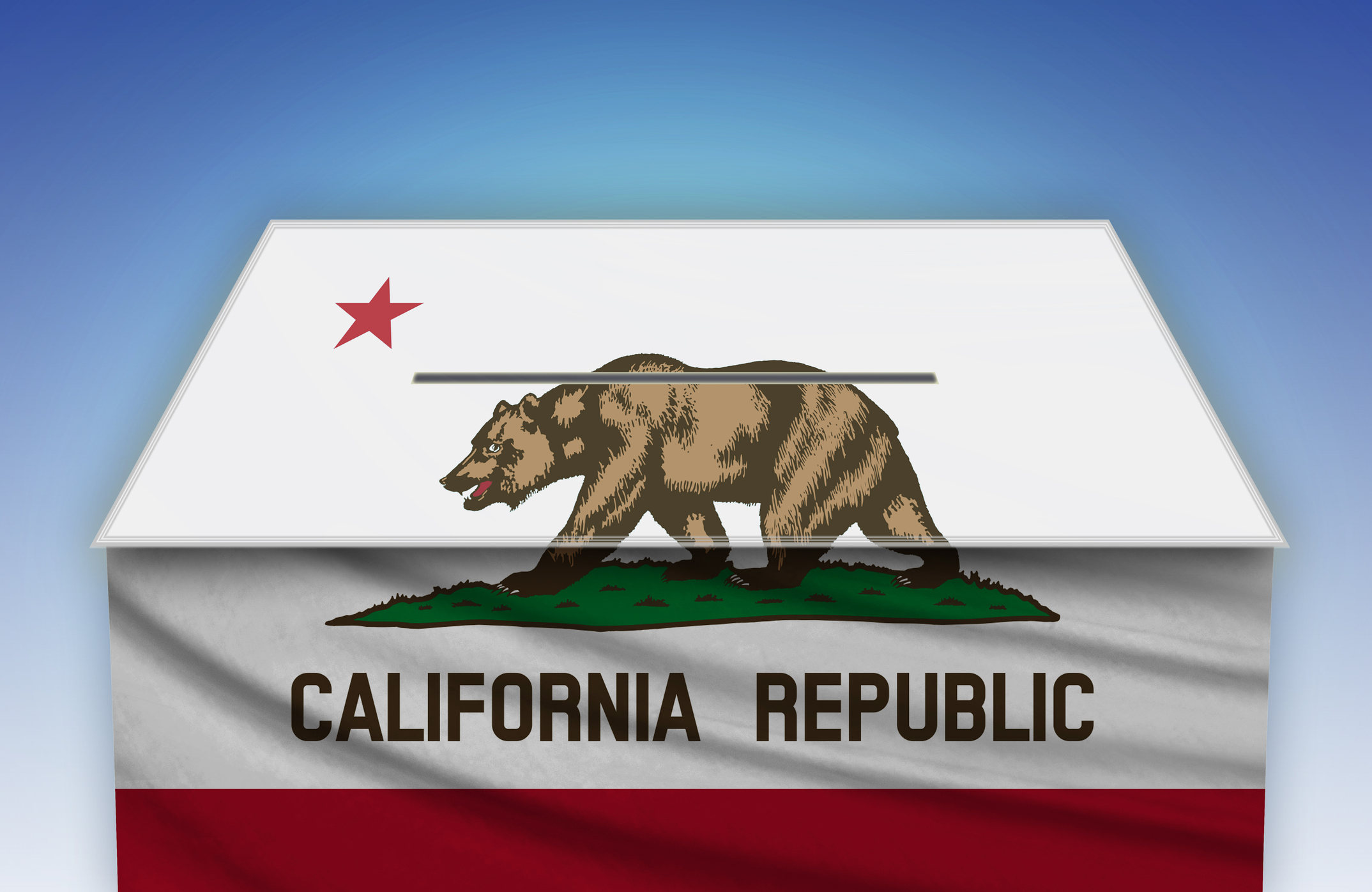
A few months ago, there was speculation that the November ballot in California could bring historic changes to the state's tax laws. A proposal supported by business groups was supposed to shield Californians from what advocates labeled excessive taxation without sufficient oversight.
The Taxpayer Protection and Government Accountability Act, which would have limited future state and local tax increases, had obtained sufficient signatures (about 1.4 million) to be included on the November ballot.
Opponents of the proposal, including California Gov. Gavin Newsom, feared that the measure requiring voter approval of tax increases could negatively impact vital public services and infrastructure funding and water down state legislative power to tax and spend.
Late last week, in a June 20 ruling, the California state Supreme Court essentially agreed, blocking the measure from appearing on the Nov. 5 ballot. Writing for the unanimous court, Justice Goodwin Liu stated the following as a rationale for the decision.
“The proposed changes “are within the electorate’s prerogative to enact,” but because those changes would substantially alter our basic plan of government, the proposal cannot be enacted by initiative. It is instead governed by the procedures for revising our Constitution”
Here's more to know.
California state tax increases
The Taxpayer Protection and Government Accountability Act was championed by a group sponsored by California homeowners, taxpayers, and business organizations.
“California is becoming too expensive for working families and family businesses. We need to give Californians the final decision on raising their taxes and better accountability for how state and local governments spend their money,” Robert Rivinius of the Family Business Association of California said in a statement.
However, the tax measure had its critics. Officials from state and local governments and labor unions expressed concerns about the potential negative impact on public services, program funding, and infrastructure maintenance.
Gov. Newsom and legislative leaders asked the California Supreme Court to remove the initiative from the Nov. 5 state ballot. Several organizations, including the ACLU and the California Farm Bureau Federation, and former California Gov. Jerry Brown had filed briefs supporting the removal from the ballot, arguing the measure would have an unprecedented impact on the state’s power to tax and spend.
After hearing arguments in the case in May, the state Supreme Court on June 20, struck the initiative from the ballot, saying it was essentially an amendment to the state’s constitution that requires legislative approval.
Tax in California
The Taxpayer Protection Act website describes the California Supreme Court’s ruling as “the greatest threat to democracy California has faced in recent memory.” The statement adds,” Governor Newsom’s lawsuit has effectively erased the voice of 1.43 million voters who signed the petition to qualify the Taxpayer Protection Act for the November ballot.”
Notably, while some Californians advocate for higher taxes in exchange for enhanced government services, data show most residents are concerned about the state’s fiscal issues.
- California gas taxes are among the highest in the United States.
- The Golden State is also known for high sales and income tax rates.
- Housing costs and availability of affordable housing in California continue to be significant concerns.
Proponents of the taxpayer protection initiative say they “will continue to explore legal options and fight for your right to hold your government accountable through direct democracy.”
California exit tax?
This taxpayer protection initiative controversy comes as other California taxes have made news.
- As Kiplinger reported, there are questions about whether the state’s new $20 minimum wage for food workers is a way to raise taxes.
- California recently removed the wage cap on its 1.1% employee payroll tax for State Disability Insurance (SDI). While the payroll tax is not new, it was previously imposed only on wages up to $145,600. As of January 1, 2024, those earning more than $145,600 also pay this tax.
- A proposed wealth tax that would have imposed an additional 1.5% on California residents' net worth exceeding $1 billion failed to advance. That proposal included an exit tax that would have applied to some wealthy taxpayers who left California.
Data show taxpayers are fleeing high-tax states, including California, for lower-tax states and states with no income tax, like Florida and Texas. However, California residency and income-sourcing rules are an issue for some.
If you are leaving the state, evaluate whether you are considered a resident of California and, for example, whether you have real estate or income that can subject you to California tax, despite your move.







